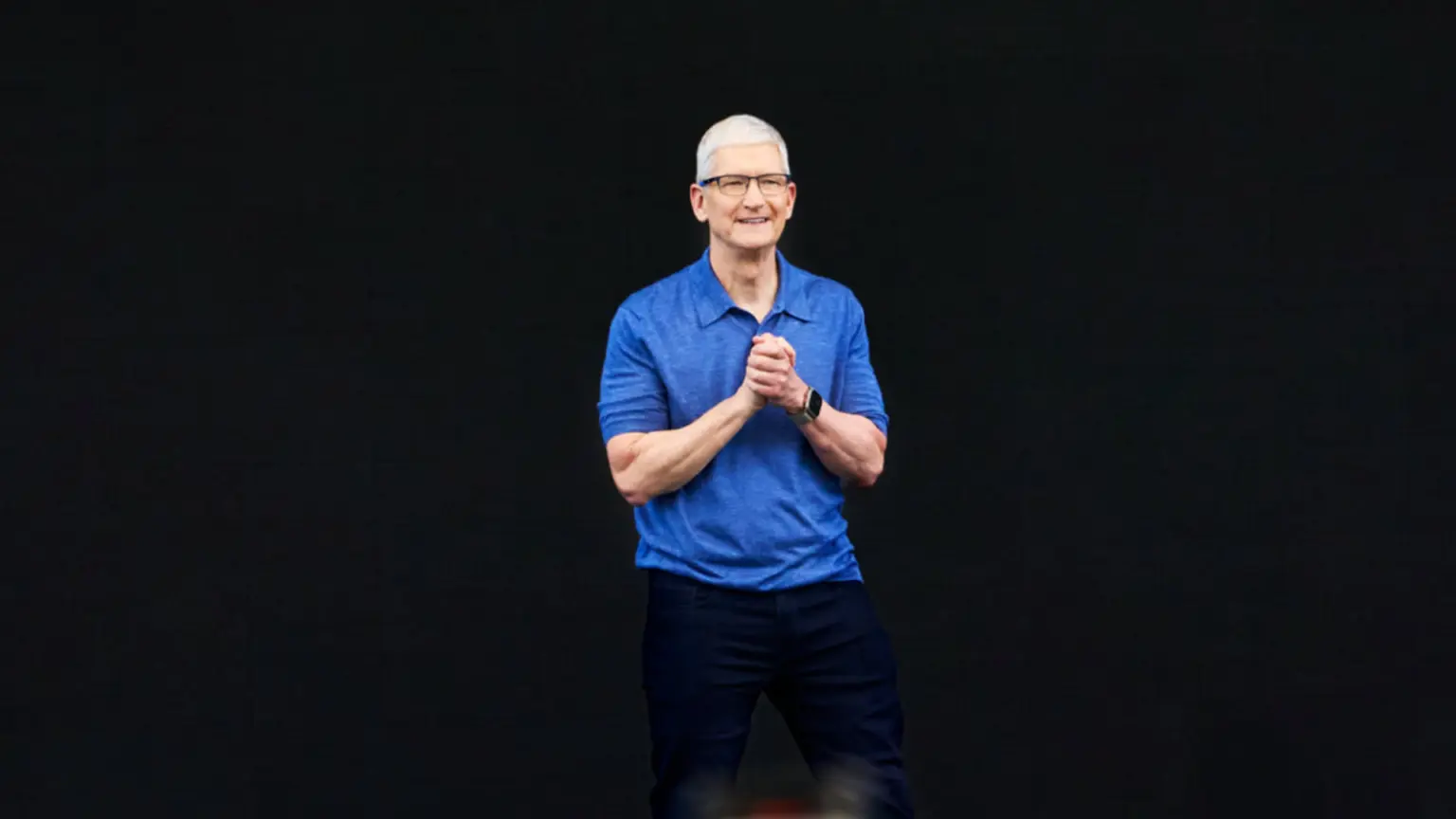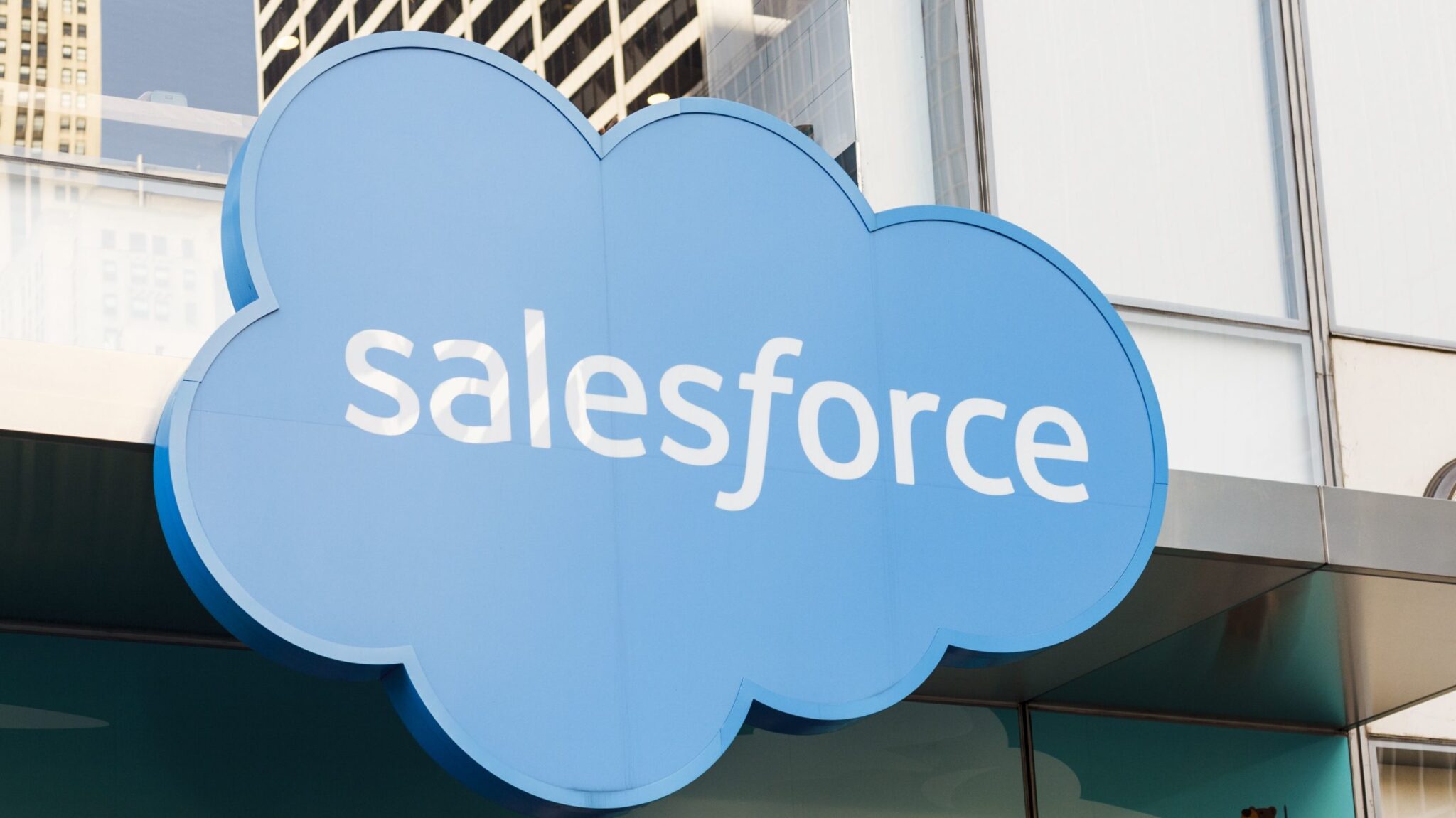Tim Cook returns to Beijing with a clear message: Apple does not intend to abandon China as a strategic market and technology base. In a meeting with Industry Minister Li Lecheng, the Apple boss declared the “opening of a new chapter” of cooperation, although no specific amounts of investment were mentioned. A symbolic gesture at a time of rising trade tensions between the US and China.
For Apple, this is a moment of delicate balance. The company has announced that it will increase its investment in the US to $600 billion over four years – partly in response to pressure from the US administration and attempts to reduce its reliance on Chinese manufacturing. However, Cook is well aware that a complete ‘shift away from China’ is a myth: the Middle Kingdom remains the largest market and a key link in Apple’s supply chain, both in the manufacture of iPhones and the assembly of high-tech components.
Cook’s visit also had a clear image dimension. Apple’s chief executive appeared in Shanghai and met with local game developers and the designer of the iconic Labubu toys – a signal that Apple wants to be seen not as a foreign giant, but a partner of the local creative economy. At the same time, the company used the moment to confirm the introduction of eSIM in the Chinese market – a move that could facilitate sales of new iPhone models, including the announced iPhone Air.
Beijing, in turn, is sending a clear message: despite growing pressure to support domestic brands like Huawei, it still needs Apple as a guarantor of technological openness and an investor in the clean energy ecosystem. Recall – in March, Apple announced a 720 million yuan fund for renewable energy projects in China.
Behind the scenes, however, a difficult calculation is underway. Apple is looking for ways to circumvent US tariffs, including by diversifying production in India and Vietnam. But it is China that still offers a scale that cannot be easily replaced.
Today’s Apple policy is no longer to choose between the US and China, but to balance the two as flexibly as possible. Tim Cook did not bring any groundbreaking declarations to Beijing, but he did remind us of one thing: Apple in China is not an episode – it is a long-term game, the endgame of which cannot be predicted either in Washington or in Beijing.












